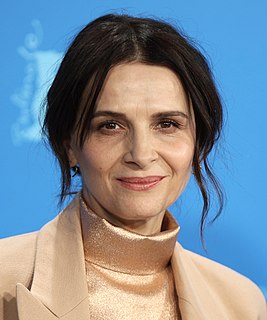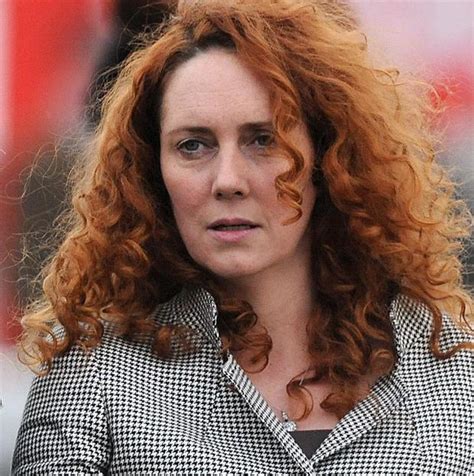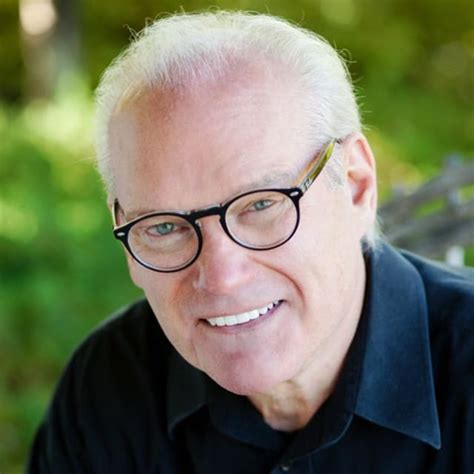A Quote by Julian Assange
Although I still write, research and investigate, my role is primarily that of a publisher and editor-in-chief who organises and directs other journalists.
Related Quotes
I thought 'UnSouled' would come in at around 400 pages, but it took 650 pages, and even then I felt like I was rushing the conclusion, so I asked my editor and publisher if I could divide it again. So a sequel became a trilogy, and the trilogy became a tetralogy - although we're not calling it that.
In the long run, the quality of your work is all that matters. That is your only resumé. Be professional. Make sure your editor or publisher can always reach you. Do what's asked of you if your conscience can bear it. But know that, five years from now, as fans or prospective employers are looking over your published pages, no one will care that this story sucks because the publisher moved the deadline up or because the editor made you work an android cow into the story. All they will care about is what they see in front of them, and they will hold you responsible for it, no one else.
I'm primarily a poet, so I'd have to say in my case I'd investigate the mystery in poetry in a different way than prose might investigate it, in a way that includes the power of the music of language and maybe more imaginatively in poetry, but I don't really know about better or worse. I guess it depends on the writer.
I never had a plan, except to write. I love what I do, and have from the beginning. Loving what you do makes it a lot easier to work, every day, to face the tough spots and heel in for the long haul. Nothing against plans; they work for some people. But for me, if I'd been planning, worrying about numbers, trying to micro-manage my career, I wouldn't have focused on the writing. If you don't write, you're not read. If you're not read, you don't sell. So that's my Master Plan, I guess. Write the books, let the agent agent, the editor edit, the publisher publish.
I used to see a lot of cocaine. There were journalists who used cocaine and didn't write about it and I didn't write about it. I would never do drugs, so I would always get the same response from people: "Smart kid, more for me." Whether it was a joke or sincere or both, but I was just happy not to be in there partying with the band like some of these other journalists.



































